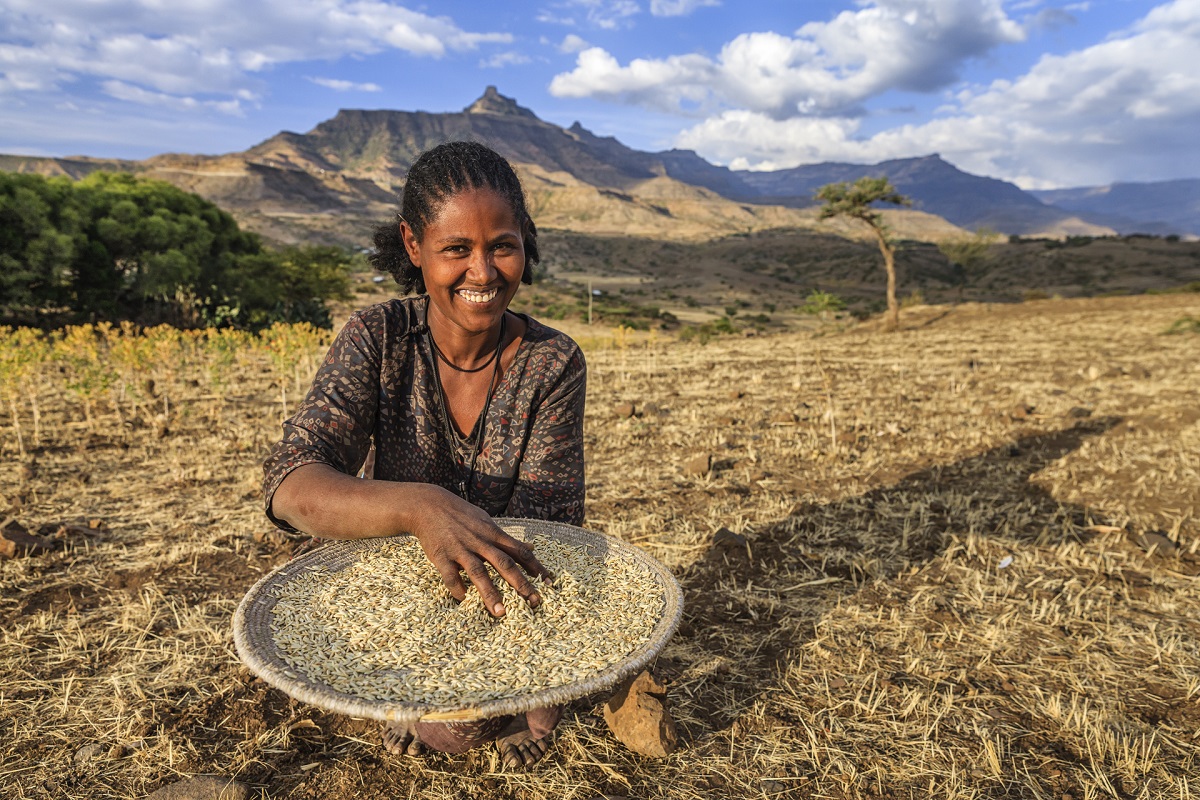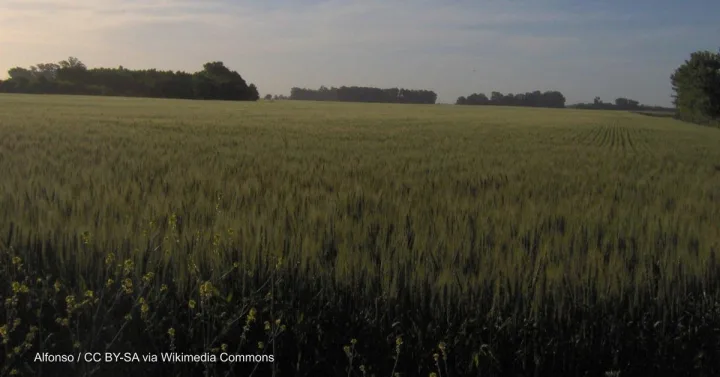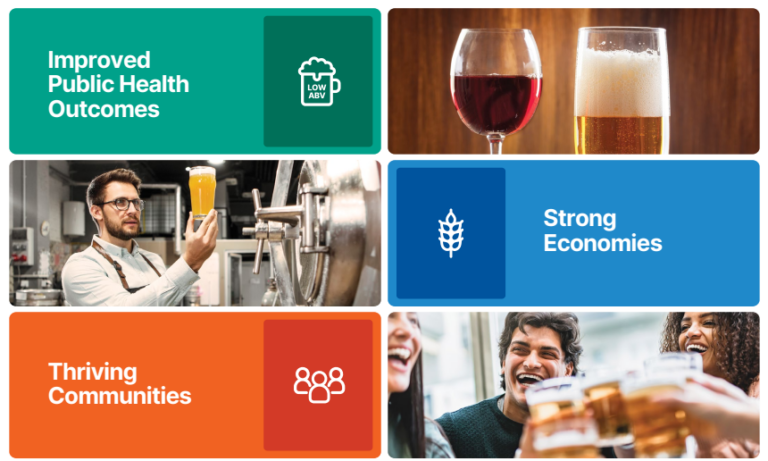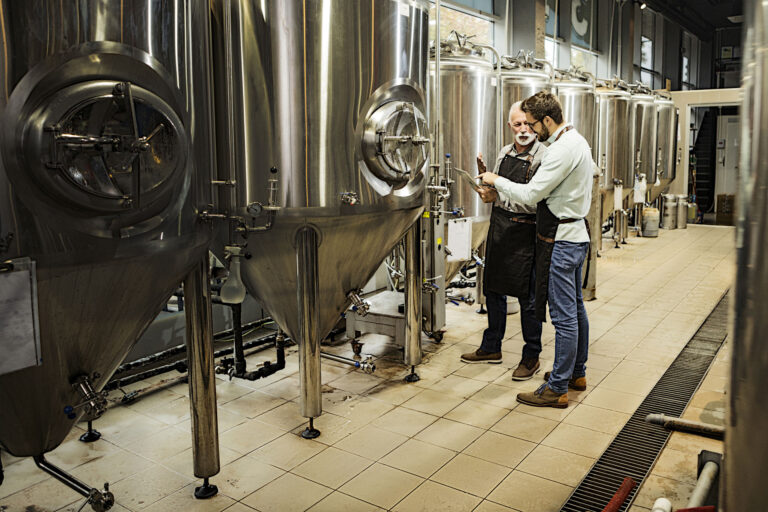Original Article on Devex
The brewing industry has a big role in supporting public health goals and overall sustainable development across Africa. Tony Eneh, executive director, Africa, of the World Brewing Alliance, explains how.
The harmful use of alcohol is one of the challenges to achieving the Sustainable Development Goals. Misusing alcohol negatively impacts health and well-being and can affect multiple aspects of economic and social development, the environment, and equality.
The good news is that the number of deaths attributable to alcohol fell by 20% worldwide between 2010 and 2019. On top of that, key sectors such as the beer industry have an opportunity to play a major part in accelerating progress toward the SDGs, in large part because of their nature.
For example, because beer is a heavy product, rather than importing it, much of the brewing industry’s operations are locally based. In Africa, that means significant economic resources remain in-country, supporting local agricultural, manufacturing, and environmental needs, said Tony Eneh, executive director for Africa at the World Brewing Alliance. “The more brewing operations that happen within the region, the greater the industry’s impact will be on sustainable development,” he said.
Furthermore, the growing lower- and no-alcohol beer segment creates a big opportunity to move people toward moderate drinking patterns. This is crucial in Africa, which has the second-highest level of alcohol-related deaths behind Europe, at 52 per 100,000 people.
Speaking to Devex, Eneh explained how the brewing sector is supporting sustainable development across Africa, as well as why its position as the lowest-alcohol segment in the industry gives it a big opportunity to support global public health goals.
This conversation has been edited for length and clarity.
What role does the beer industry play in supporting sustainable development across Africa in terms of economic growth, job creation, and contribution to government revenues?
For one thing, the beer industry is typically a local business. A recent study by Oxford Economics estimated that as much as 89% of the economic impact of the brewing industry is retained where the beer is brewed. Meanwhile, the sector contributed 1.6% to gross domestic product in lower-income countries in 2019, almost double the amount in higher-income countries.
Part of the reason the industry has such a huge economic impact is because of its complex and extensive value chain involving lots of players, from agriculture to logistics, packaging, manufacturing, and distribution. When you put all these together, you have an industry with huge talent and technology requirements that supports the local workforce and ancillary businesses.
It’s also among the top taxpaying industries in Africa, and it supports projects that contribute toward keeping inputs such as water sustainable. In addition, it’s a capital-intensive industry that’s here to stay. For instance, Nigerian Breweries has been around for almost 80 years, and South African Breweries for over 100 years. Sustainable development has therefore been consistent in the industry for a long time.
How has the brewing industry’s role in sustainable development been evolving?
Although they’re still at the nascent stages of growth in terms of market share, lower- and no-alcohol beers represent a growing category. The investment required is actually higher than for regular strength beers because they’re usually brewed like a regular beer first, with the alcohol then extracted using a capital-intensive process. Much of the investment in creating these products is retained in the countries where they’re being made.
Lower- and no-alcohol beers are also fully aligned with the global public health agenda, giving consumers the option to consume lower or no-alcohol alternatives. Research shows that shifting populations to lower-strength options can improve public health outcomes and the WHO has called on economic operators to invest in this aspect of their portfolios, something the beer industry has doubled down on.
Initiatives in different countries have also involved exploring and launching alternative sustainable seed varieties, such as a huge barley program in South Africa. Other activities range from Nile Breweries in Uganda targeting 100% of purchased electricity from renewable resources and a 25% reduction in carbon emissions by 2025 to Heineken planting 20,000 trees a year in Rwanda to help replenish water in the environment, and promoting skills development programs for young people across Africa.
How does the beer industry differ from those for stronger alcoholic beverages in driving sustainable development in Africa?
The brewing industry has a complex value chain and is mostly a local business. Our breweries and agricultural inputs are often located and sourced in-country. Many other alcoholic products have to be imported, often because they are tied to a specific geography.
The brewing industry really supports its agricultural community and is connected to the farmers, where there’s a huge support system to aid productivity. That creates a win-win for the industry, communities, and countries where production takes place.
A 2018 report by Euromonitor International found that 40% of alcohol consumed in eight African markets was illicit. How does this impact public health and policy, and how can the brewing industry and governments combat such illicit trade?
Despite this significant problem, you’ll find in the same report that the incidence of illicit beer is often negligible — representing only around 1% of clear beer and 8% of alcohol consumed across the region. As a heavy product, it doesn’t lend itself to smuggling, for instance.
That said, illicit alcohol is a problem for everyone from a public health, revenue-generation, and development perspective. The brewing industry is therefore interested in supporting any measures to minimize such activities while giving as much information as possible to our trade partners and governments to help in this area.
Some countries have been introducing policies for applying tax stamps to bottles of alcohol to both increase revenue and curb illicit trade. However, such policies should not apply to beer, due to the low incidence of illicit activity in the sector. Further, because beer in general is the lowest-alcohol option available, taxes that make it more expensive are likely to drive people to higher-alcohol or illicit products. If we want to create a world in which people drink more responsibly, with less harmful use of alcohol, we shouldn’t be making it harder to access lower-alcohol options.
How do you see the role of the brewing industry evolving in terms of contributing to sustainable development in Africa over the next decade? And what opportunities and remaining challenges do you foresee in doing that?
The opportunity lies in realizing the industry’s potential in Africa, with even more potential for local sourcing of inputs. There’s scope for multilateral agencies such as the African Union to promote policy interventions that make it more cost-effective to source raw materials locally in Africa than importing from Europe or elsewhere. Logistics like road and rail links between hubs in Africa can also be improved to make in-country sourcing more efficient and affordable.
Another opportunity relates to processes such as seed-variety approvals to further enhance output. At present, these processes differ between African countries, so it would be helpful if a one-stop-shop process were established by collaboration between African governments and multilateral agencies. There is also an opportunity to ease the movement of goods and people across borders through the removal of trade barriers and standardization of protocols — with, for instance, visas still often needed to move between African countries.
Finally, governments can support the growth of the lower- and no-alcohol sector through measures such as more progressive, tiered taxation that sees lower rates for such products and makes them more attractive to consumers. Some African countries have moved more toward this, but it’s yet to pick up properly.
Doing this would kill three birds with one stone — first, by supporting the public health agenda; second, by supporting the growth of the brewing industry; and third, by increasing the potential benefits to countries on both the sustainable development and revenue-generation fronts.
Learn more about how the beer industry supports sustainable development here.








